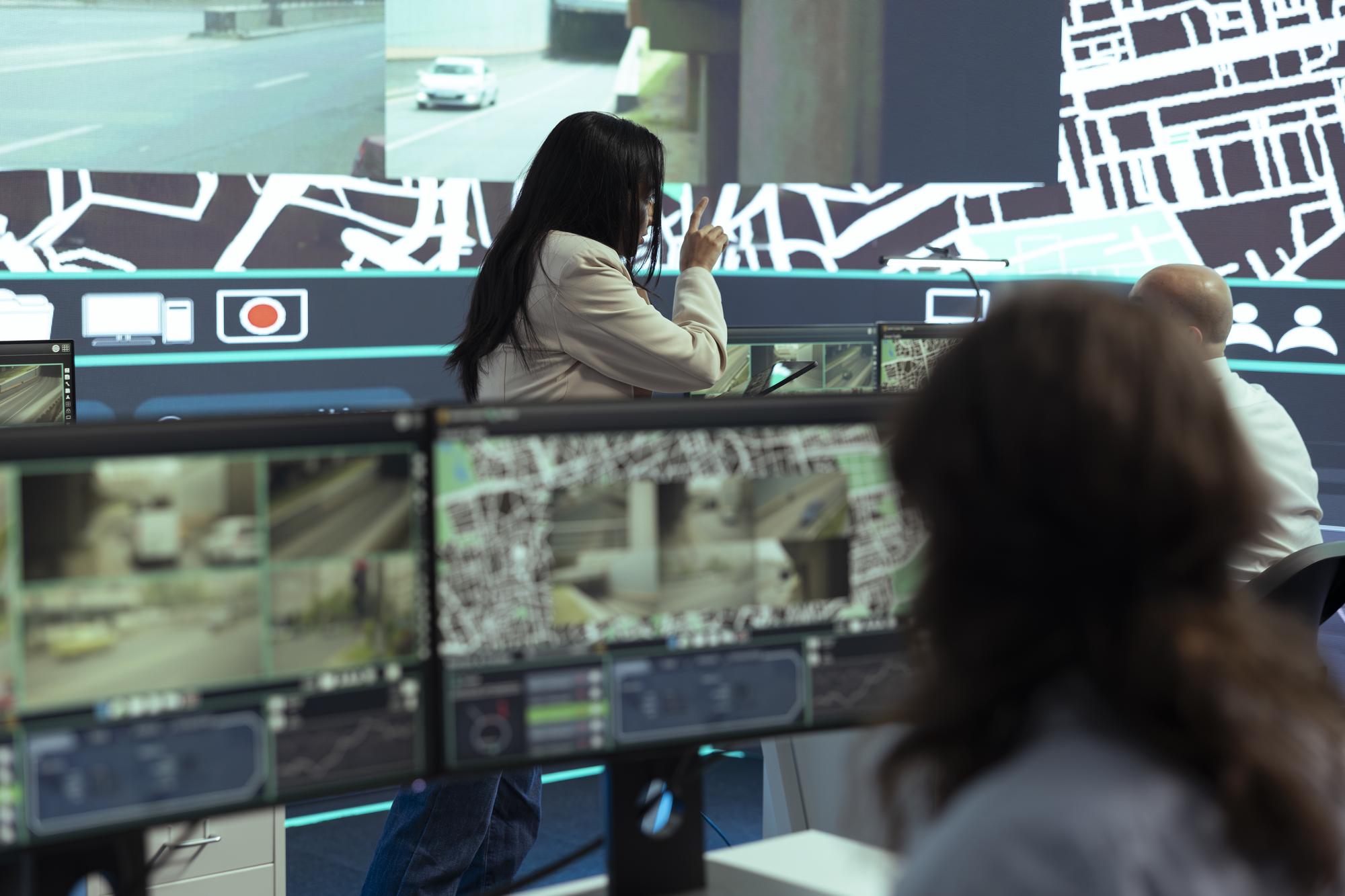I read on Pinterest the other day that ‘the opposite of security is uncertainty, and the solution to overcome uncertainty is to install a customised surveillance camera’. Installing surveillance cameras in Texas boosts security for sure, but understanding the laws is essential to avoid legal issues.
While cameras deter crime and provide evidence, improper use can violate privacy rights. Texas has clear regulations on where and how surveillance is allowed, especially in private and public spaces. Whether you’re a homeowner or business owner, knowing these rules helps you stay compliant while keeping your property secure.
Understanding Texas Surveillance Laws
In Texas, individuals have the right to install security cameras on their private property, such as homes or businesses, to monitor and deter illegal activities. However, this right is balanced by privacy laws designed to protect individuals from unwarranted surveillance. There is a witty saying that a well-placed camera can stop a crime, but a misplaced one can start a lawsuit.
For instance, Texas Penal Code Section 21.15 prohibits invasive visual recording, which includes filming someone without consent in areas where they have a reasonable expectation of privacy, such as bathrooms or changing rooms. Violating this can lead to criminal charges.
One-Party Consent for Audio Recording
Texas operates under a “one-party consent” rule for audio recordings. This means that as long as one participant in the conversation consents to the recording, it’s legal. However, recording conversations without at least one party’s consent is illegal and can result in legal consequences. It’s important to note that video surveillance without accompanying audio has different rules and considerations.
Surveillance in Public vs. Private Spaces
While it’s generally legal to record video in public spaces where individuals do not have a reasonable expectation of privacy, caution is advised when surveillance extends to areas where privacy is anticipated. For example, installing cameras that capture footage beyond your property line into a neighbor’s home or private space can lead to privacy infringement issues. Make sure that your CCTV cameras are looking after your own property only.
Workplace Surveillance Regulations
Employers in Texas may use video surveillance to monitor the workplace for security purposes. However, they must inform employees about the surveillance and avoid placing cameras in areas where employees have a reasonable expectation of privacy, such as restrooms or locker rooms. Transparent communication about surveillance policies helps maintain trust and compliance with privacy laws.
Data Management and Privacy
Surveillance footage is an important possession, and it should not go into the wrong hands. Access to recordings should be restricted to authorized personnel to prevent unauthorized viewing or sharing, which could lead to legal action for invasion of privacy. Implementing strict data management policies ensures that surveillance practices remain within legal boundaries.
Legal Consequences of Non-Compliance
Failure to follow Texas surveillance laws can result in severe penalties, including fines and imprisonment. For instance, invasive visual recording is classified as a state jail felony, carrying potential sentences ranging from 180 days to two years in state jail, along with fines up to $10,000. Understanding and complying with these laws is essential to avoid such consequences.
Best Practices for Legal Compliance
To ensure your use of surveillance cameras aligns with Texas laws:
- Inform Individuals: Clearly notify anyone who might be recorded, especially in workplaces or areas where individuals assemble.
- Respect Privacy Expectations: Avoid placing cameras in locations where people expect privacy, such as bathrooms or bedrooms.
- Manage Data Responsibly: Limit access to surveillance footage to authorized individuals and establish protocols for data retention and disposal.
- Consult Legal Expertise: Seek advice from legal professionals to ensure your surveillance practices comply with current laws and regulations.
Conclusion
In the 21st century, security cameras are trusted allies in crime prevention, but they also come with great responsibility. Using security cameras under state laws is a good job done. By understanding and adhering to legal requirements, you can protect your property without infringing on the privacy rights of others. Stay informed and consult legal experts in order to maintain compliance and keep your your space secure.





